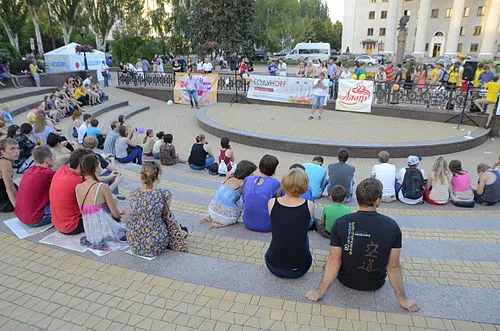
Celebrating the Battle of Boyacá Day: A Cornerstone of Colombian Independence
The Battle of Boyacá, fought on August 7, 1819, is a pivotal chapter in Colombian history, marking a decisive turn in the struggle for independence from Spanish colonial rule. Every year, Colombians commemorate this date as Battle of Boyacá Day, a national holiday that celebrates the courage, determination, and sacrifices made by those who fought for freedom.
The Historical Context
The early 19th century was a tumultuous period in Latin America, as colonies sought to break free from European powers. Colombia was no exception, with growing discontent against Spanish domination. The Battle of Boyacá was the culmination of years of conflict, where local patriots joined forces to reclaim their right to self-governance.
The Battle
On August 7, 1819, revolutionary forces led by General Simón Bolívar confronted Spanish troops at the Bridge of Boyacá, a strategic location in the Boyacá Department. The decisive battle resulted in a resounding victory for the patriots, leading to the capture of over 2,000 Spanish soldiers and paving the way for the liberation of New Granada.
This battle was not merely a military confrontation but a symbol of unity among diverse groups striving for independence. Bolívar’s army included Creoles, mestizos, and indigenous individuals, showcasing a collective desire for freedom that transcended social barriers.
Significance and Legacy
The impact of the Battle of Boyacá extended beyond the battlefield. Bolivar’s victory facilitated the establishment of the Gran Colombia federation, uniting present-day Colombia, Venezuela, Ecuador, and Panama. This act of unity was instrumental in reshaping the political landscape of the region.
Celebrations and Commemorations
Today, Battle of Boyacá Day is marked by various celebrations across Colombia. The day begins with military parades and reenactments of the battle, highlighting its importance to national identity. Cities like Tunja, where the battle took place, are at the heart of these celebrations, hosting cultural events, concerts, and art exhibitions.
Colombians also take time to reflect on the values of liberty and justice that the battle represents. Educational institutions engage students in learning about Colombia's past, emphasizing the lessons of unity and resilience that remain relevant in contemporary society.
Conclusion
The Battle of Boyacá Day is more than just a date in the calendar; it is a reminder of Colombia's enduring quest for independence and the sacrifices made by those who came before. As citizens gather each year to honor this significant historical event, they also reaffirm their commitment to the principles of democracy and freedom that the battle signifies.
This national holiday serves as a moment for reflection and pride, uniting people across the nation in appreciation of their rich heritage and the ongoing journey towards a brighter future.






